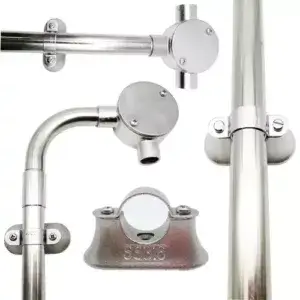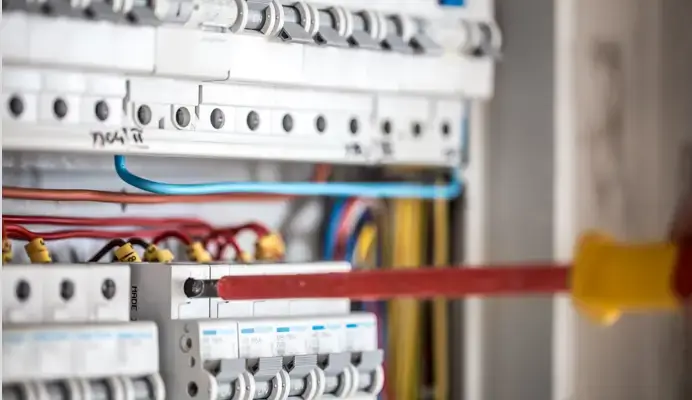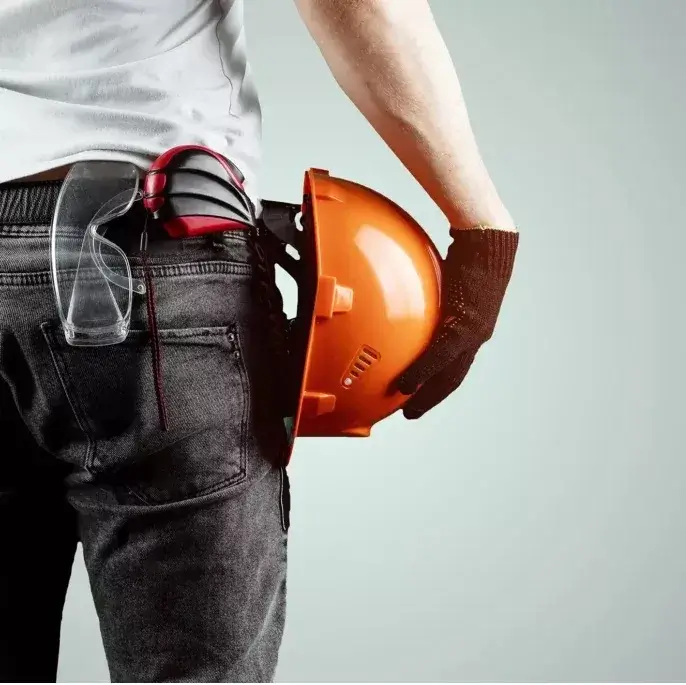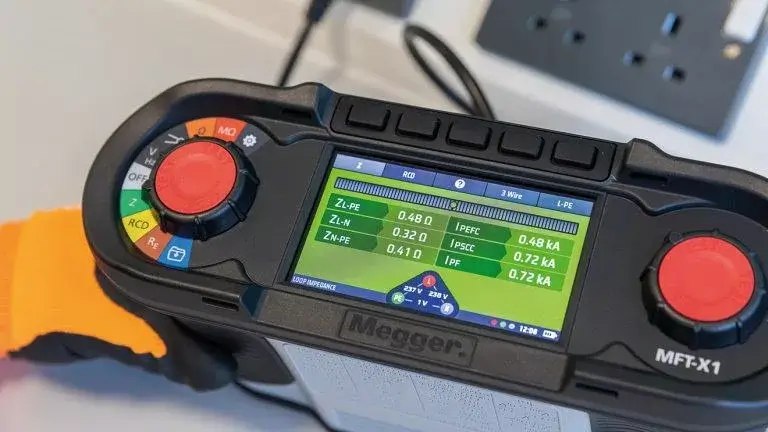- What is electrical conduit?
- What are the main advantages of electrical conduit?
- Do electricians use conduit and why should you use conduit for electrical wiring?
- Is conduit wiring safe?
- How to install electrical conduit and how much does it cost to run conduit?
- Should I run conduit in my house?
- Can conduit go through walls?
- What are the disadvantages of conduit?
- Can you run conduit on outside of house?
- Does wiring in a garage need to be in conduit?
- Who installs conduit on a building site?
What is metal conduit installation ?
Metal conduit installation prevents wire damage. Electrical conduit is a durable tube or enclosure where electrical wires are enclosed to be protected from the damage. Electrical conduit is essential where the electric wiring is exposed. It protects the wires and individuals who may approach the electric wires. The material used to make this conduit is plastic or metal and may be bendable or stiff.
There are different types of electrical conduits that are commonly used in residential and other commercial buildings.
Electrical Metallic Tubing or EMT is an electric conduit that cannot be bent. This type is made with Aluminium and/or Galvanized steel. As compared to Rigid Metal Conduit (RMC), it is much lighter and much thinner, but it can also be bendable and strong with using a tube bender tool, so it is known as a thin wall conduit. The installation of electrical metallic tubing can be done with couplings & fittings.
What are the main advantages of electrical conduit?
The main advantage of metal electrical conduit installation is that it protects the wiring that distributes power from the central grounding circuit-breaker box to certain outlets, controls and lights and appliances.
The electrical conduit prevents the contact between the electrical wires and the conductive or any flammable material. Electrical conduit ensures a safe ground path for all electricity and an armored route for the electrical wiring and audio, video, telephone and internet cable.
Do electricians use conduit and why should you have metal conduit installation for electrical wiring?
Conduit pipes are always used by electricians. In order to protect your home or business from an electric fire, as well as for aesthetic reasons. Also, conduits can also be used to route all electrical wiring in places such as in commercial and residential buildings.
Is conduit wiring safe?
Electrical conduit prevents contact between electrical wires and conductive or flammable material. Electrical conduit ensures a safe ground path for electricity and an armored route for the electrical wiring and audio, video, telephone and internet cable.
What is electrical conduit used for?
The electrical conduit is extremely useful for offering a safe passage for electrical current in all properties. In case you are still trying to find out what a conduit is, it is the tube that covers and protects the wiring in your house.
How to install electrical conduit and how much does it cost to run conduit?
The first thing you need to do is to choose the right material for installing electrical conduit fitting. Then a wiring plan is necessary. You need to locate the electrical boxes on your walls in order to be able to trace the route of the conduit. The next step would be to draw the path from the main power source to the electrical box. The measure the amount of conduit that you would need and make the necessary bends.
The final step would be to attach fittings to the wall. You can use screws and straps with either single or double holes, available at electrical surplus shops, to attach electrical conduit fittings to the wall.
Tape the ends and put the wires in place by pulling all the wire in the pipe in their right place.
Should I run conduit in my house?
Yes, we dop recommend you to run conduit in your home. Conduit does provide extremely good protection and safety for wires.
Can conduit go through walls?
Running conduits through the exterior walls is a truly effective method for powering outdoor spaces. Using conduit, which safely covers wires outdoors, is an easy way to get power where you need it.
What are the disadvantages of conduit?
There are a few disadvantages of conduit wiring. They can be: more time is required for the installation of this wiring system, installation is not easy and simple, there can be very hard to find a defect in the wiring, the cost is fairly high, the fault-finding process is very difficult, it is difficult to install, risk of electrical shock.
Can you run conduit on outside of house?
When installed correctly conduit is absolutely safe outside of your home. However, leaving exposed wires on the outside is never ever a safe idea. In order to protect these wires from water, you can choose to run them through an exterior wall with a conduit for an added layer of protection and much more simple installation.
Does wiring in a garage need to be in conduit?
Yes, you must protect the wire with a conduit. A conduit is important as it covers and protects your exposed wires and is secured with fittings to keep it in place. The electrical conduits are essential to keep wires flat against the wall, away from any harm.
Who installs conduit on a building site?
Conduit is normally installed by experienced electricians. In order to be able to install electrical conduit you need to dispose of the right tools and technique.
If you’re interested in more services, please check our
electrical installation services or
electrical replacement page






